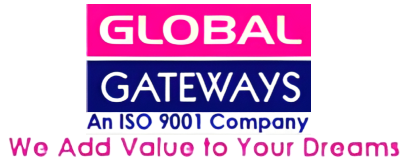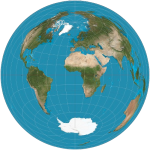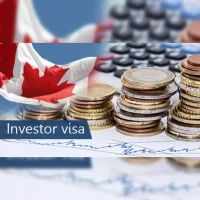We are the most trusted Immigration agency
Call Us: +91-8553020304 or info@globalgateways.co.in
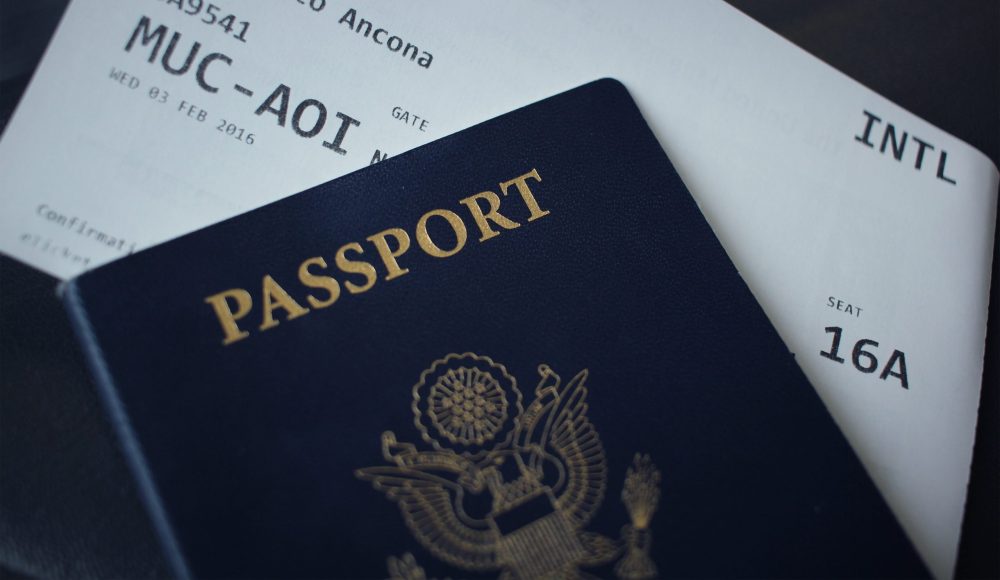

We are 25+ years experienced
Testimonials
Video Testimonials
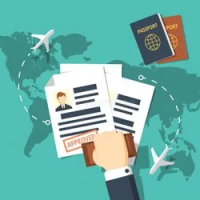

Our dedicated services
Your Visa Sorted in Just 3 Super
Simple Steps
Check your eligibility & Free assessment
We need some basic information. Just provide this to us. so that we know your eligibility.
Start process with Global gateways after signing MOU
After Signing the MOU our process is started. Now go to another process. - ChatGPT
Case officer allotted.
Until your goal is achieved
Your case officer is alloted.The visa which you are looking for is here prepared.
Guiding on preparing for eligibility exams to visa assistance.
Visa Categories
Our dedicated services
Canada Business Visa
We can help your business to shine outside and grow beyond the limits. We help ...
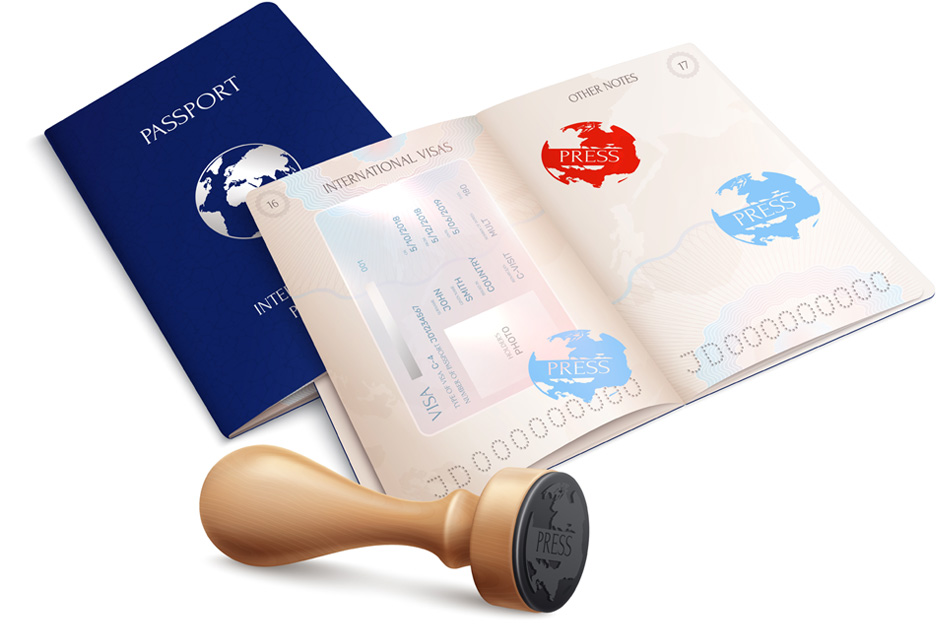
Company Reports & Statistics
The Impact of
Our Competitive Efforts
Global Gateways is an ISO 9001 certified company. We started our services in the year 1997, we are proud and happy that 80% of our business is from our old clients referrals.
Student Admission
PR visas
Dependent visas
Working opportunities
Tourist visa
Visitor visa
Refusal Visa
Countries We Offer
Immigration & Visa Services
Following Countries
- Abroad Education
- Immigration & Work visas
- Dependent visa
- Tourist visa
The same as saying shrinking from all ...
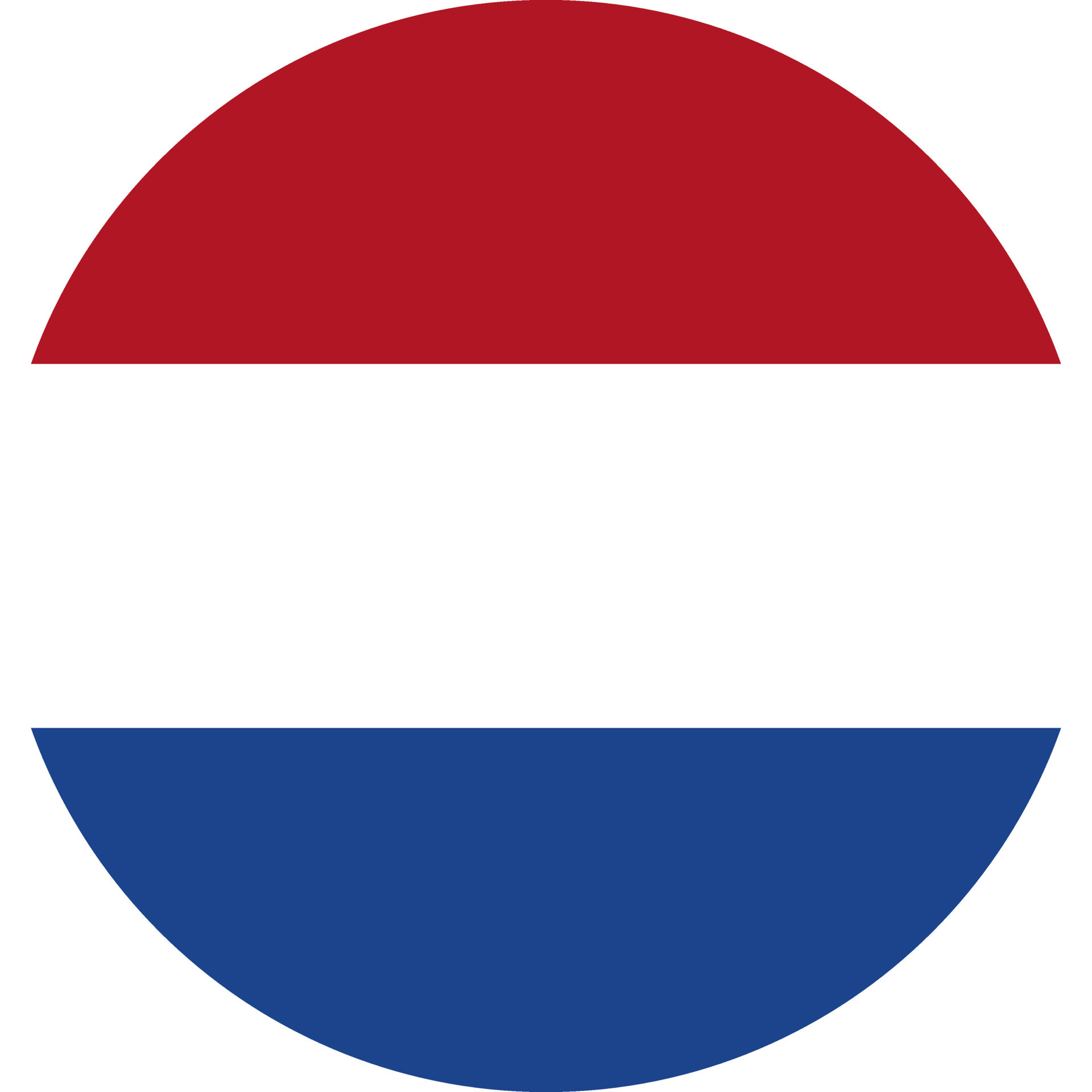
Get your visa to Netherland
Mauris donec ociis et magnis sapien etiam ...
Sed congue libero nibh, eget sollicitudin odio ...
Known for the quality universities & friendly ...
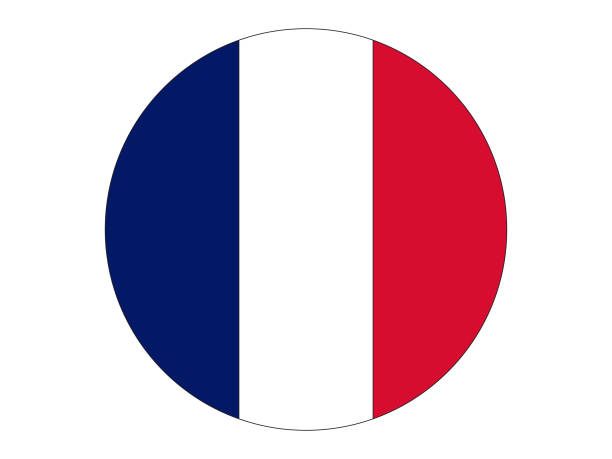
Want to go to France welcome to ...
Congue tempor gravida donec enim ipsum porta ...
Viverra a augue eget, dictum tempor diam ...
Fusce eu cursus non nulla vitae massa ...
Ou choose visarzo because immigration rules and ...
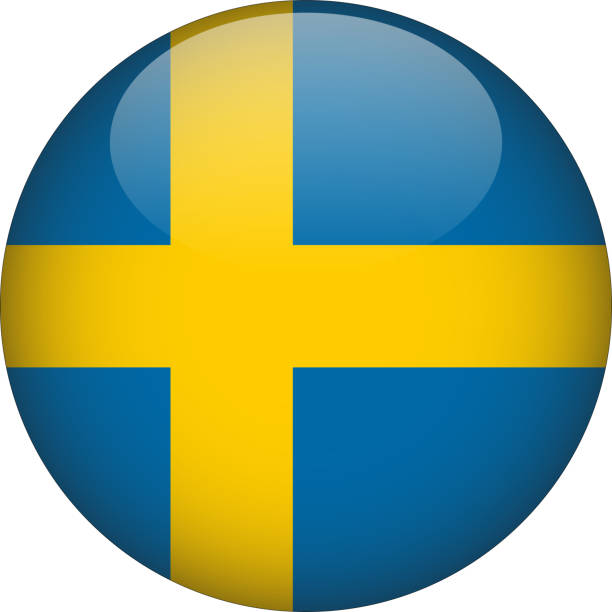
Global Gateway is clearly your best partner ...
Egestas magna suscipit lectus gestas magna viverray.
An orci nullam tempor sapien, gravida donec ...
Fusce eu cursus non nulla vitae massa ...
Viverra a augue eget, dictum tempor diam ...
The same as saying shrinking from all ...

Get your visa to Netherland
Mauris donec ociis et magnis sapien etiam ...
Sed congue libero nibh, eget sollicitudin odio ...
Known for the quality universities & friendly ...

Want to go to France welcome to ...
Ou choose visarzo because immigration rules and ...

Global Gateway is clearly your best partner ...
Egestas magna suscipit lectus gestas magna viverray.
An orci nullam tempor sapien, gravida donec ...
Fusce eu cursus non nulla vitae massa ...
Viverra a augue eget, dictum tempor diam ...

Why Choose Us
Reason for Choosing Us
We are more than just an immigration company. We are your partner in your journey to a new life. Contact us today and let us help you make your dream come true
Cost Effective
We offer low-cost and high-quality immigration solutions. Save money and time
90% of business from clients referral
90% of business comes from clients who already visited
Faster Processing
Our processing quality and speed is fast. So that you can enjoy.
ISO 9001 Certified Co.
Organization was established in 1997 on the basis.
26yrs of committed services
We have a high success rate and a proven track record of helping thousands of clients achieve their immigration dreams
Best service Award Winning Co.
We have a friendly and supportive customer service team who will guide you throughout the process
Video Testimonials






Highly Recommended!…
I got proper support from Global gateways, and they guided me throughout the time. They are very professional and have thorough knowledge. My case was a little intricate, but Global ...
Shailesh Dhima
Australia PR
Thank You globalgateways!…
I would like to take this moment to thank you for all your support during the Australia PR process. You have clearly provided the complete list of documents/information required, and ...
Pradeep NR
Australia PR
Smooth & Efficient Service!…
Globalgateways is definitely a highly recommended Indian migration agency. A big applause & very grateful to Globalgateways for efforts and assistance. Very supportive and helpful staffs. Highly recommended service. I ...
Trupti NR
Canada VisaFREE SUPPORT - 10 AM - 6.30 PM
Get Free & Quality Online Consultation
Free Webinar on Various Working Abroad Opportunities
Since 26 years we have been doing following visas and expertised our skill with continuous professional development:
News & Updates
Read Our Latest Insights
How to get a H1B visa?
After a massive changes in the visa department and programs, the government ...
How to get Australia Jobs with 457 Visas?
After a massive changes in the visa department and programs, the government ...
UK Entrepreneur Tier 1 visa
For a stressless visa and immigration services in Bangalore, we can depend ...
Visa Consultants in Bangalore
For a stressless visa and immigration services in Bangalore, we can depend ...
Visitor Visa –
To meet your Friends & Relatives:
Australia | Canada | New Zealand | USA | USA B2 | UK | Europe | Germany | Schengen countries | Netherland | Austria | Italy
for your Spouses, Children, Parents, Short term, Long term:
Australia | Canada | New Zealand | USA | UK – Tier 2 Dependents | Germany | SchengenTo attend conferences, Intra company transfer, Short term, Long term:
Australia | Canada | New Zealand| USA| USA B1 | UK |Schengen countriesImmigration Visa –
to work and settle:
Australia | Australia 189 Visa | Australia 190 Visa | Canada | Canada PNP | New Zealand | Germany
Work Visa –
Short term, Long term:
Australia | Canada | Canada – FSW | Canada – FSTP | New Zealand | USA – H1B | UK – Tier 2 | Germany
Student Visa –
Student visas who have taken admission:
Australia Student Visa | Canada Student Visa | New Zealand Student Visa | USA Student Visa | UK Student Visa | Ireland Student Visa | Germany Student Visa | France Student Visa | Italy Student Visa | Poland Student Visa | Europe Student Visa | Singapore Student Visa | Other Countries
Study Abroad Services –
Journey of Our Services for a Student:
Career counselling | University finalize and apply | Scholarship & Discounts | Bank loans assistance | Unsecured bank loan assistance | Get Admission letter | Visa grant | Post Landing services | Accommodation | Free Airport pickup | Part time jobs | Take responsibility
Tourist Visa –
To visit beautiful places in:
Australia | Canada | New Zealand | USA | USA B2 | UK | Europe | Germany | Schengen countries | Netherland | Austria | Italy
Refusal Visa-
Experts for getting visa grant for Refusal visa:
Visitor visas | Student visas | Dependent visas | Business visas | Work permit visas | Permanent resident visas
Assistance On –
Disclaimer:
Global Gateways, Do not offer consultancy on overseas jobs / work permits / international or domestic placements etc. We are primarily Visa and immigration advisory company that offers consultation on Visa and immigration options. We are not associated with any government authority or department of immigration. We neither assist in any kind of Job / employment offers nor do guarantee any kind of domestic / International placements and visas.
